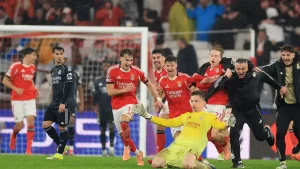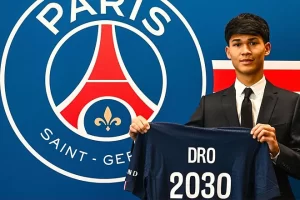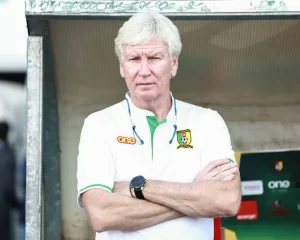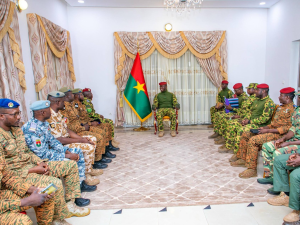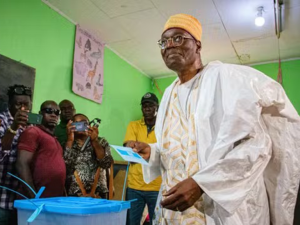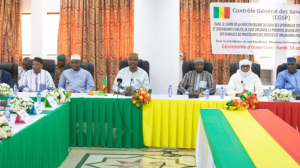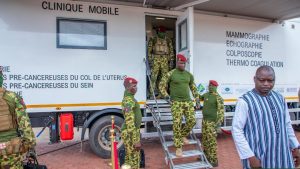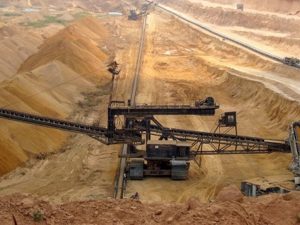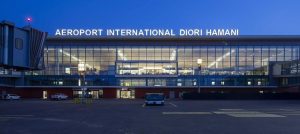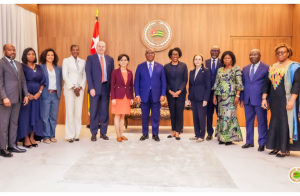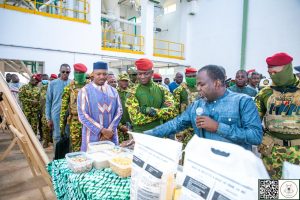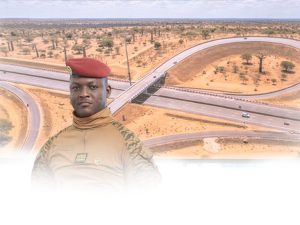Burkina Faso / President Ibrahim Traoré and his government launch Faso Danfani: An initiative for endogenous and sustainable development
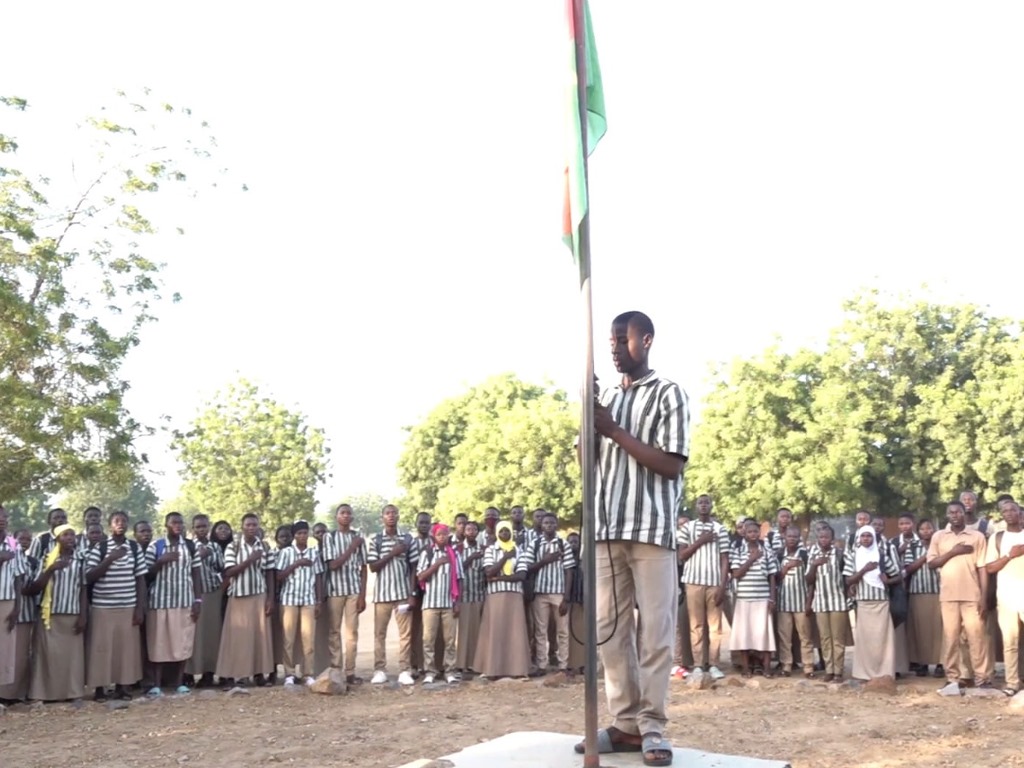
Burkina Faso is undergoing a significant transformation under the visionary leadership of President Ibrahim Traoré and his government. Guided by an unwavering commitment to endogenous and sustainable development, the country is adopting an innovative initiative: the wearing of Faso Danfani in schools.
Since the historic resolution of the Council of Ministers on 09 June 2023, this bold decision has begun to weave its web in a number of schools, promising a future where the promotion of local products becomes the spearhead of shared prosperity.
Let’s delve into the heart of this ambitious undertaking, where the fusion of tradition and progress illuminates the path towards a flourishing Burkina Faso firmly rooted in its cultural identity.
A tangible reality in schools
The decision to institute the wearing of the Faso Danfani in schools is a concrete response to the current challenges facing Burkina Faso.
A number of schools have been quick to embrace this measure, aware of its potential to boost the local economy and strengthen the country’s cultural identity.
The initiative, which is designed to be gradual and respectful of local resources, is currently being rolled out in four pilot communes: Koudougou, Bobo-Dioulasso, Ouagadougou and Sabou.
Recognising the financial challenges that some parents of pupils may face, schools have taken the initiative to develop programmes aimed at making it easier to acquire Faso Danfani clothing.
These programmes include partnerships with local artisans to offer affordable prices, workshops to raise awareness of the benefits of wearing Faso Danfani, and exchange platforms to facilitate the donation or sale of outfits between families.
By introducing the wearing of Faso Danfani in schools, the government is demonstrating its desire to encourage the production and consumption of local fabrics.
Far from being restrictive, this measure encourages cultural diversity while supporting the local economy.
It is part of President Ibrahim Traoré’s long-term vision to strengthen Burkina Faso’s economic autonomy by stimulating small-scale production and reducing dependence on imports.
Cedric KABORE

